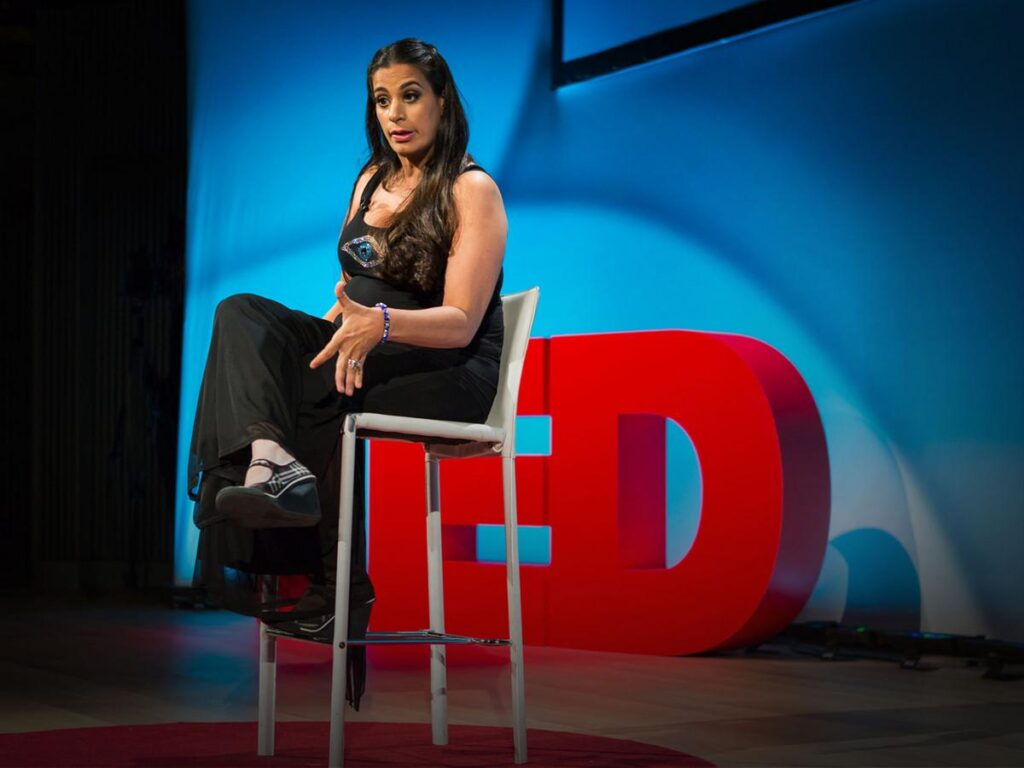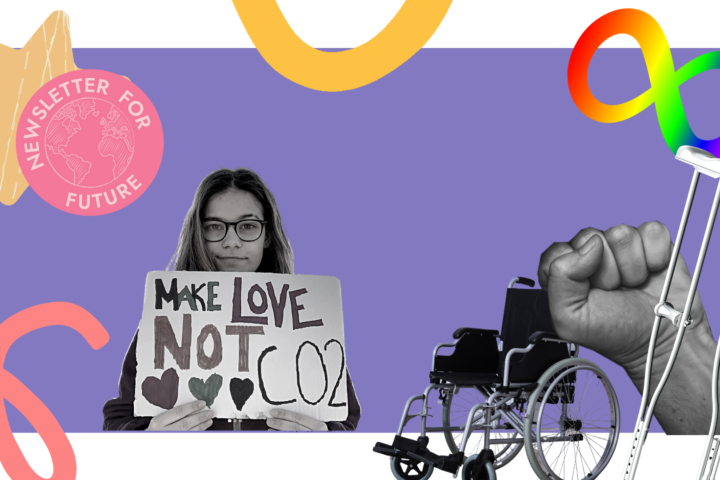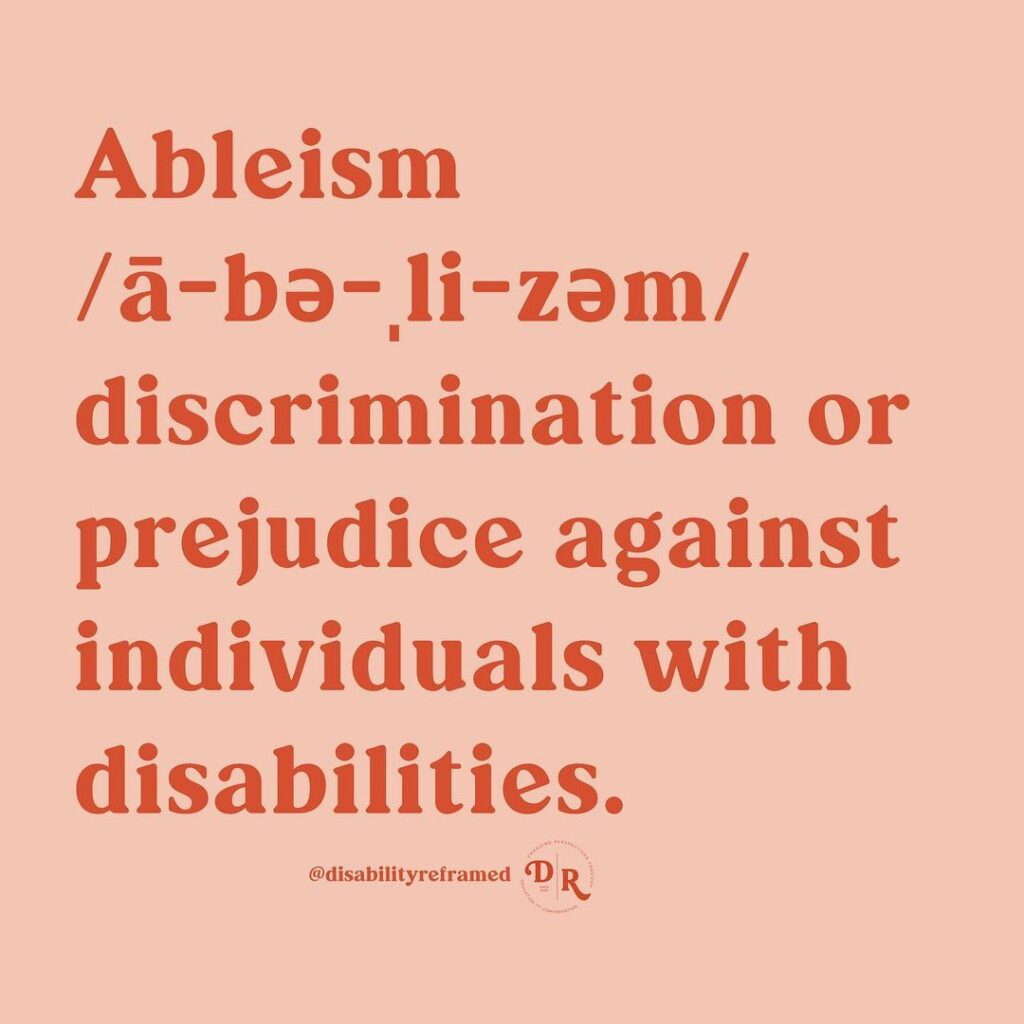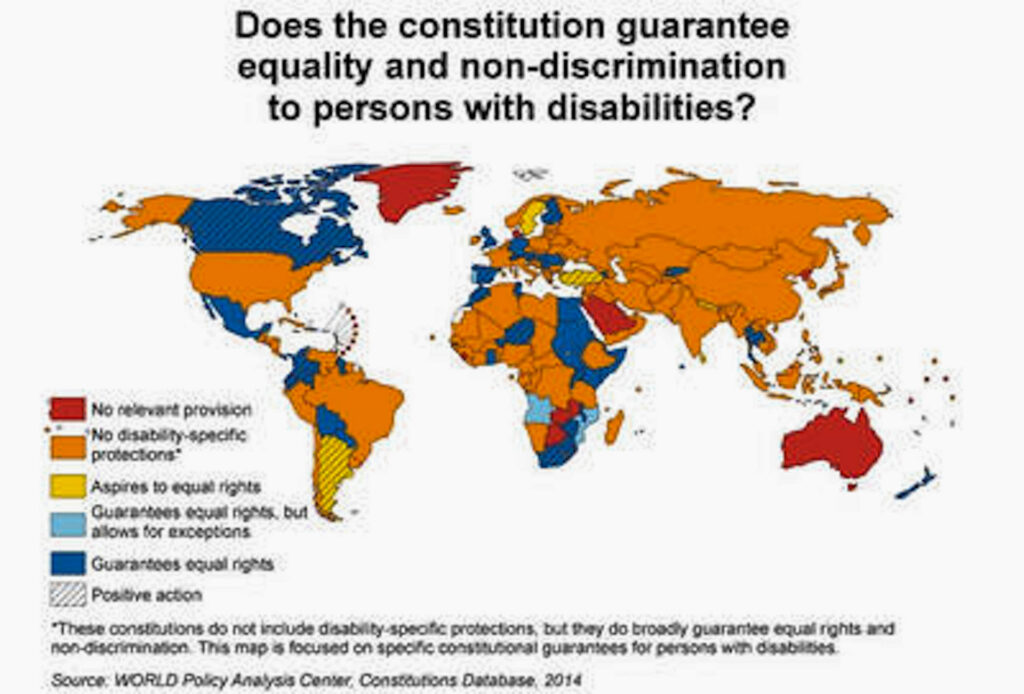Take short showers, throw out everything made out of plastic, go vegan, stop traveling by car. These were all things I heard when I first started learning about being eco-conscious. I spent a lot of time feeling terribly guilty for not being able to do all that, but what I didn’t know was that I was actually being subjected to eco-ableism.
I am disabled, and at the time of my involvement in the climate movement, I had just gotten diagnosed with Ehlers Danlos Syndrome, a genetic connective-tissue disorder causing chronic pain and joint hypermobility.
Eco-ableism is one of the many forms of ableism: the discrimination in favour of able-bodied people. An example of eco-ableism is the ban of single-use plastic. Many disabled people rely on plastics to keep themselves alive. Feeding tubes, nasal cannulas, masks, IV tubes, and syringes are some common pieces of equipment used by disabled people every day. Not only is it especially stigmatized for chronically ill people to use medical equipment, but adding the guilt of it being plastic sometimes makes it even worse, even if we depend on it for our survival.

Being disabled isn’t the biggest problem disabled people face. As comedian and actress Maysoon Zayid said in her Ted Talk, “Also, I’ve got to tell you, I’ve got 99 problems, and palsy is just one”. And it’s so true. It’s the things around us that make it hard for us. Our lives aren’t tragic, but oppression is.
I have noticed that most activists are saying they are intersectional, yet forget to include disabled people in their activism. Disabled people are everywhere. There are disabled people of color and disabled queer people, many of whom make up a big and valuable part of our movement. Many activists are disabled, whether that is neurodevelopmental disorders, mental illnesses, or physical disabilities.
I understand that it is hard to raise awareness about many things at once, but including the two words “disabled people” in a sentence about who is disproportionately affected by the climate crisis isn’t hard and doesn’t require any previous knowledge about disabilities.
Different ways disabled people can be particularly affected by the Climate Crisis is:
And it can even go so far that we die from these things. People with all sorts of illnesses are more likely to lose their lives due to events being fuelled by the climate crisis like extreme heat, fires, droughts, floods, etc. For example, people with heart diseases experience disproportionate risk to their lives due to extreme heat than healthy people do at any given time.
The fact that many activists are also disabled makes communities like Fridays For Future much more welcoming. But, just because there are disabled activists doesn’t mean everyone is anti-ableist – even disabled activists themselves. In my experience, many accept common disabilities, especially those that are common in their community. However, people still use words like “insane”, “blind”, “deaf”, “narcissist”, “psychopath” and “crazy”.
Calling a politician a narcissist for allowing an oil company to expand their business is ableist. When advocating for intersectionality, we can’t just ignore people with personality disorders or less talked about mental illnesses. That’s quite the opposite of being intersectional. Another thing we forget when we talk about the Climate Crisis is how disabled people are affected by it, particularly in MAPA-countries (Most Affected People and Areas). Even here in the west, where I live, disabled people are starting to feel the effects of the Climate Crisis. According to a Swedish risk analysis, Swedish people with heart problems, lung diseases, kidney diseases, diabetes, and mental illnesses are at higher risk of dying when the temperature passes 14 degrees Celsius than a healthy person.
Although ableism is deeply ingrained within our society, it can be unlearned, which makes it even more important to dismantle. Many disabled people have to unlearn ableism too, especially the forms of ableism we aren’t subjected to. So, what can you do? Well, first of all, listen to disabled people. Second of all, educate yourself so you can call out injustices.
Initially, it is important to unlearn ableist language. This is a good resource for ableist words and words to use instead. Then, go on to learn about accessibility beyond ramps and parking spots. There are many ways to learn and social media is a great way to start. Disability Together is an informative account and has an awesome checklist on how to make sure your content is accessible. You can find it here.



